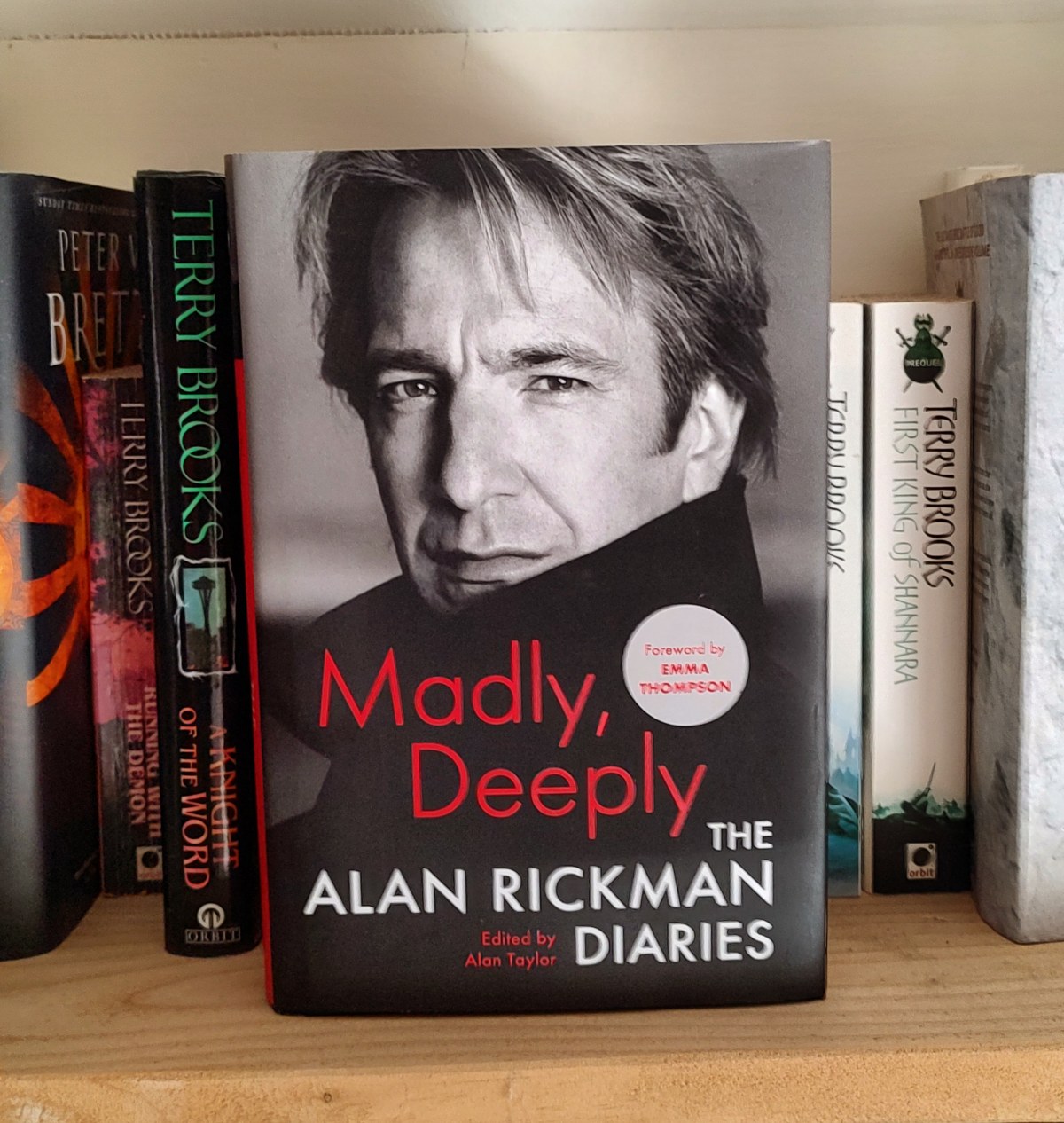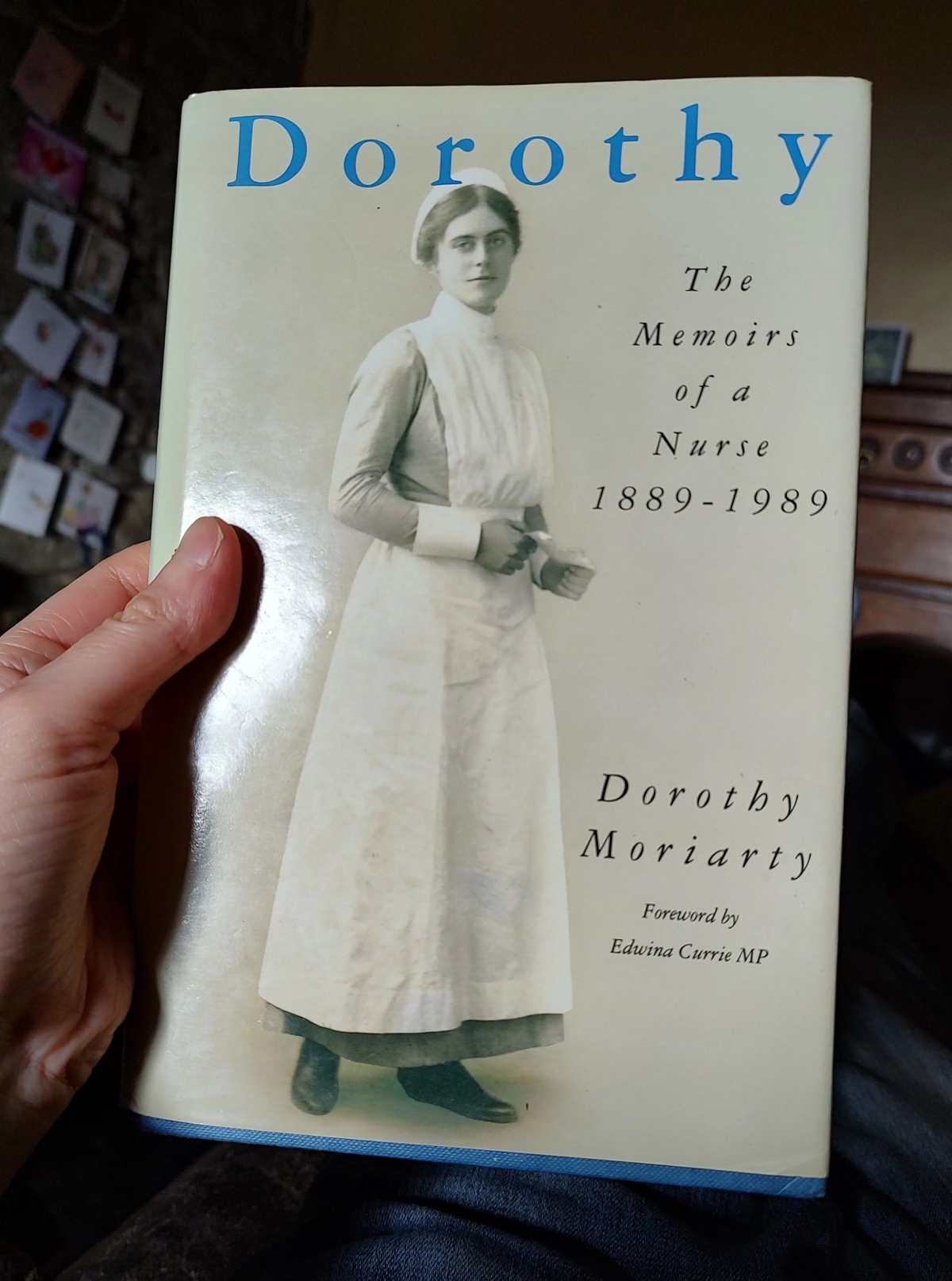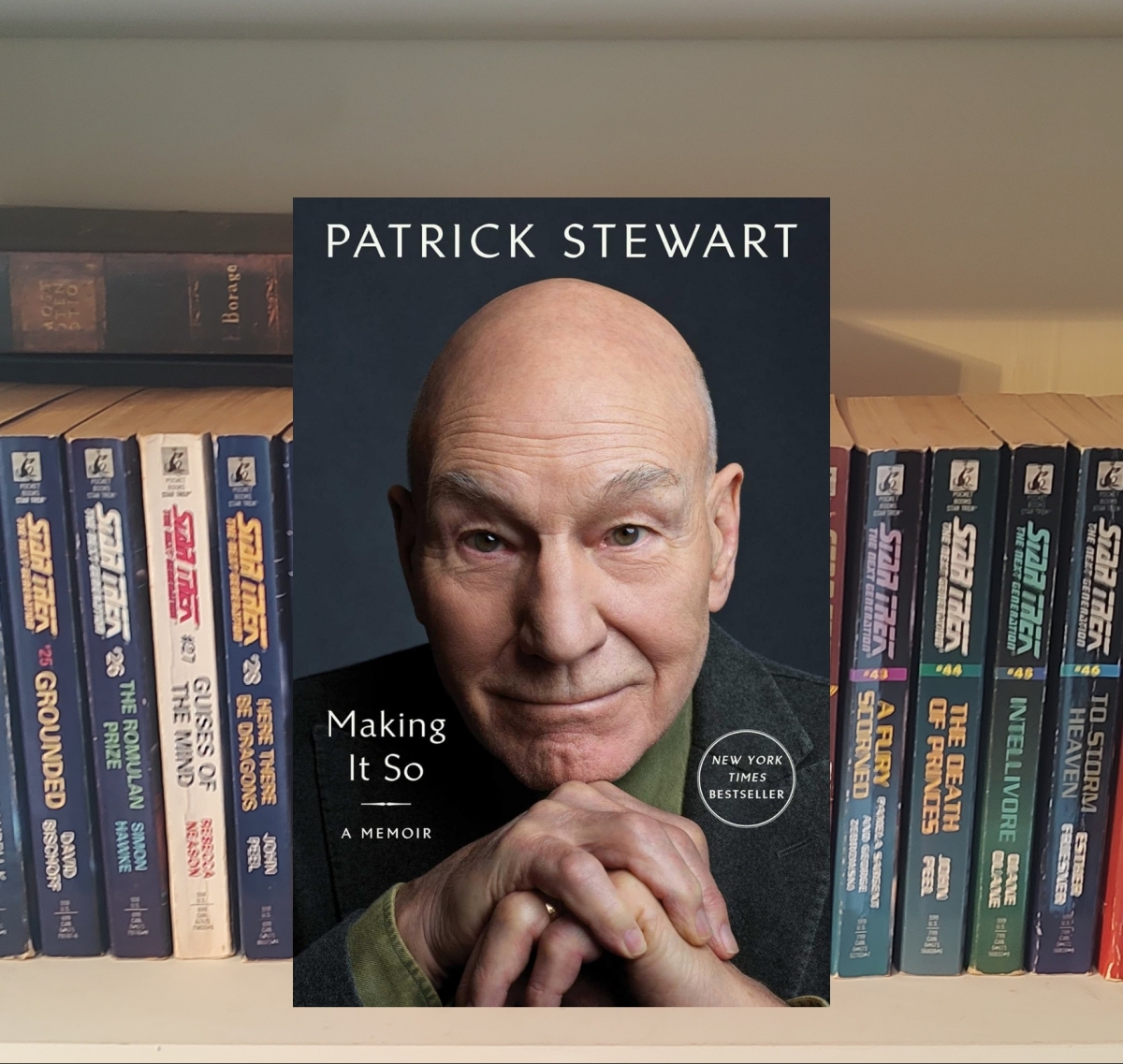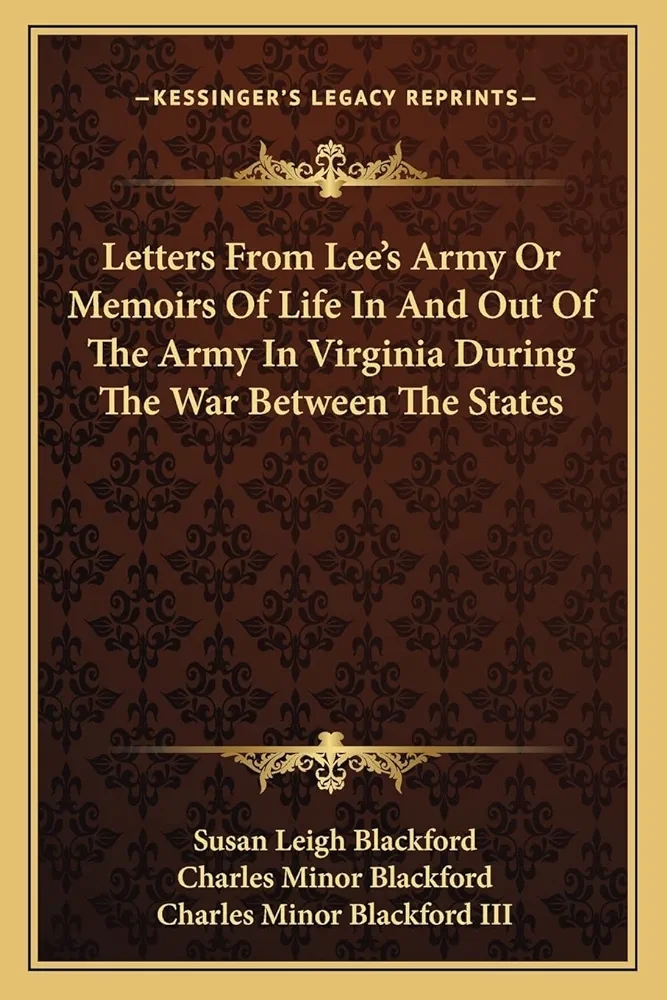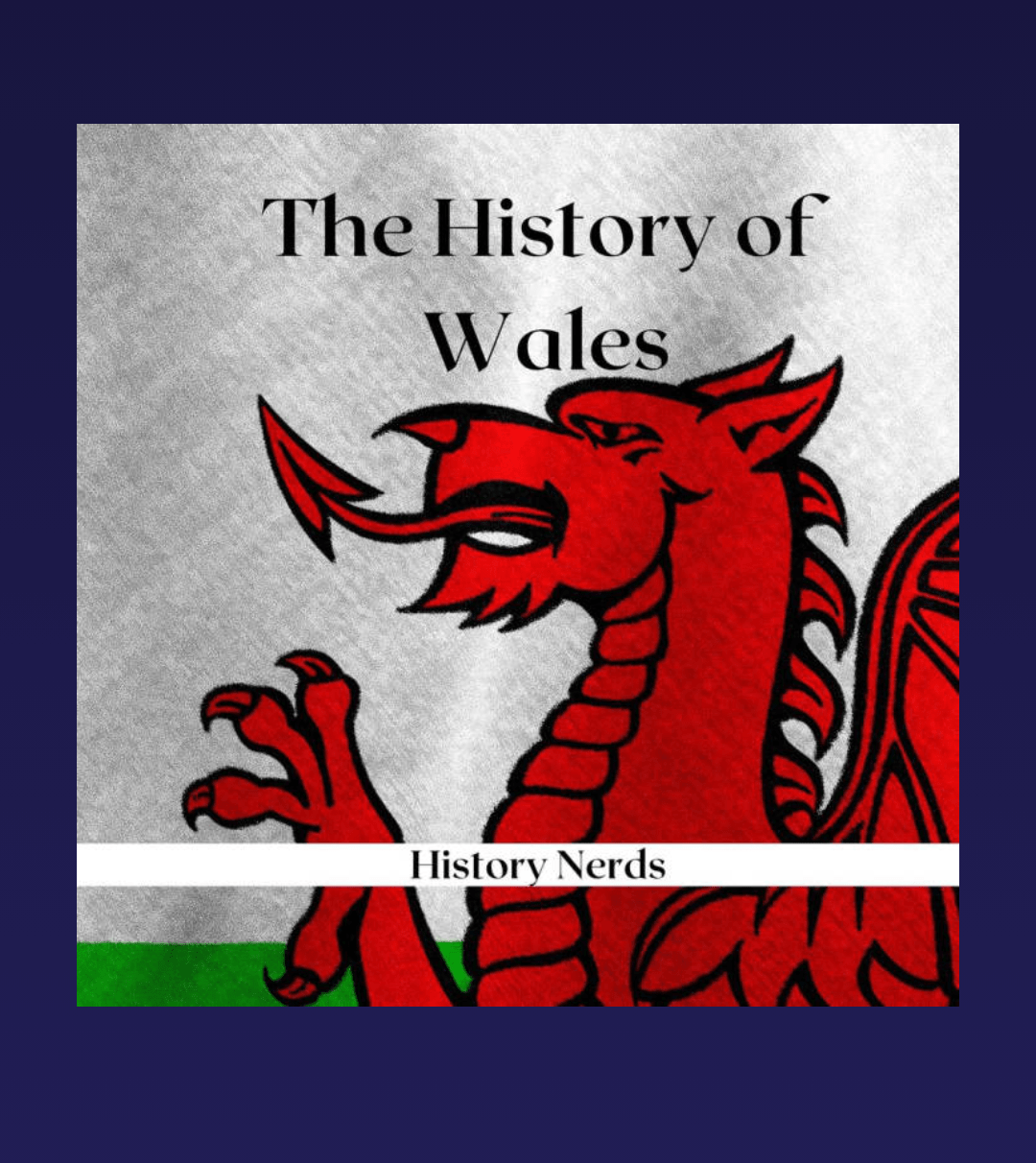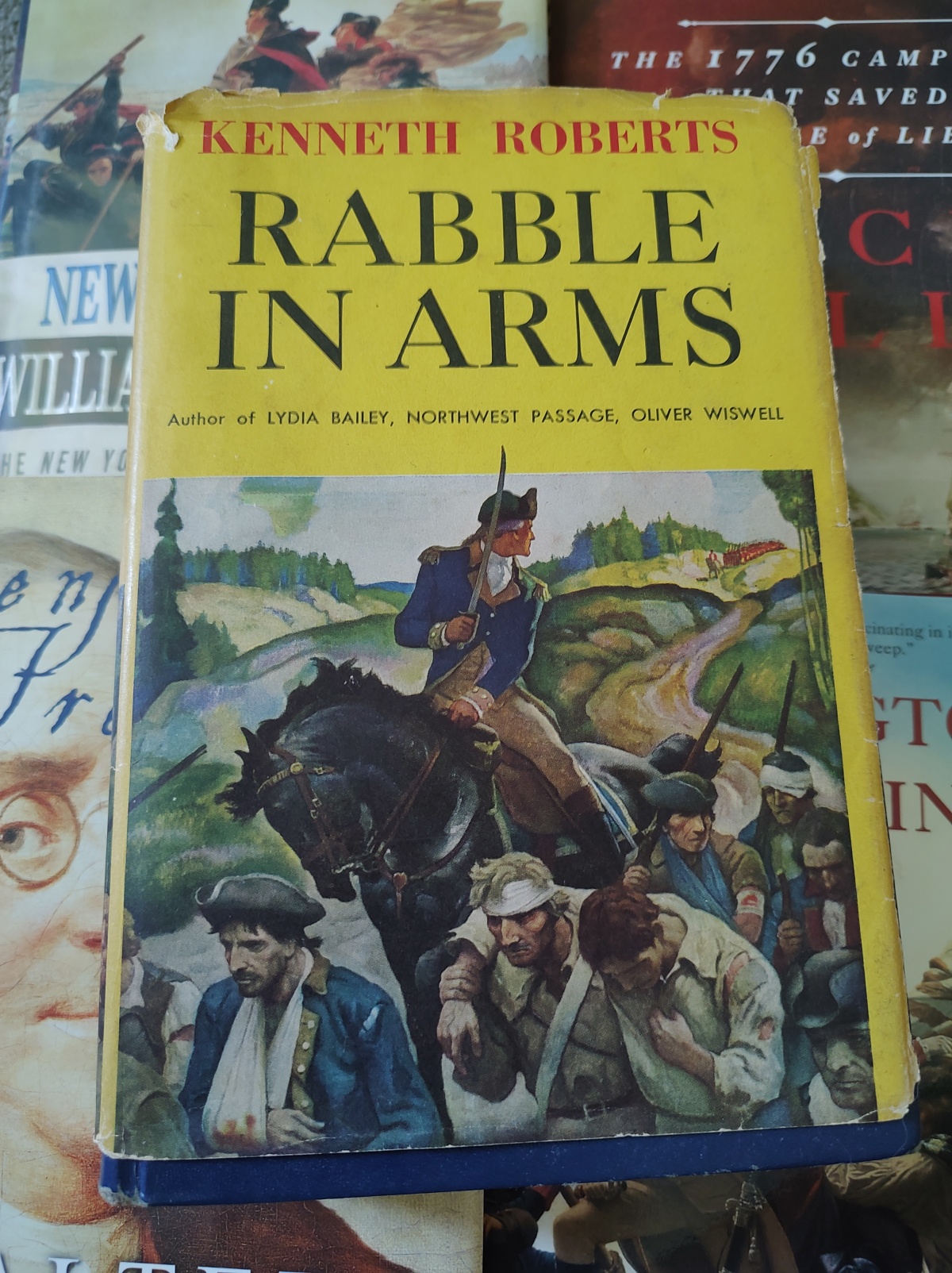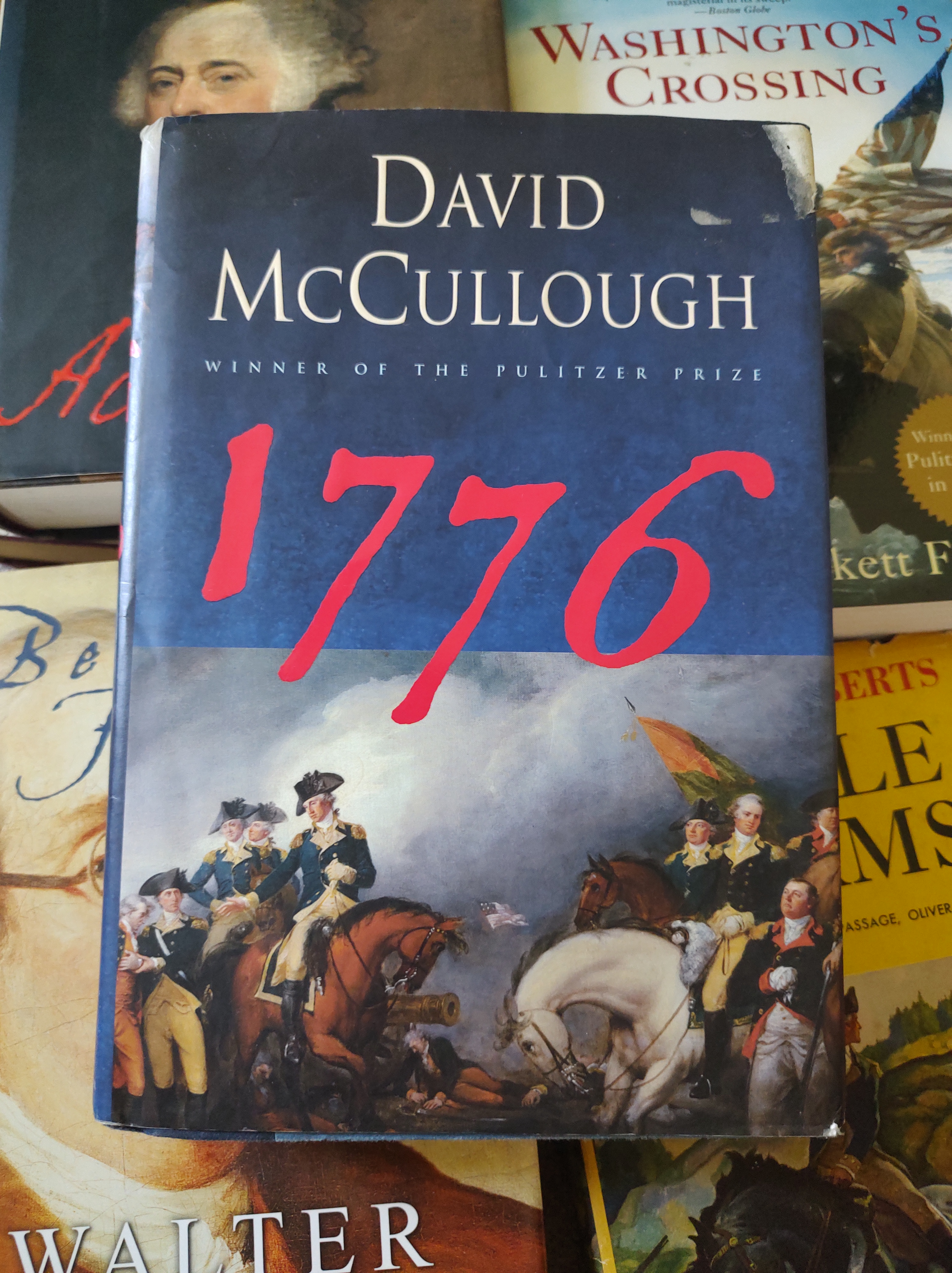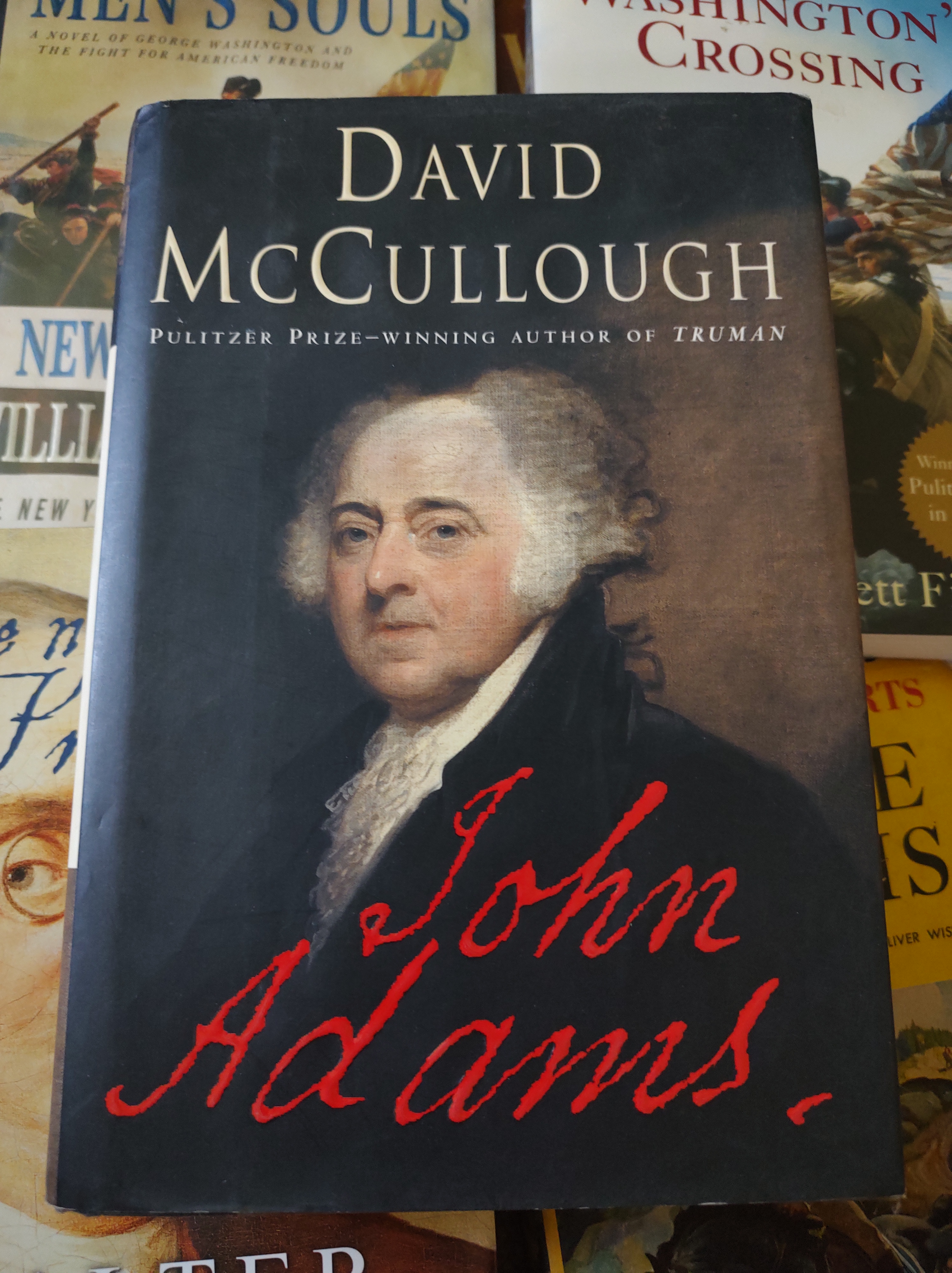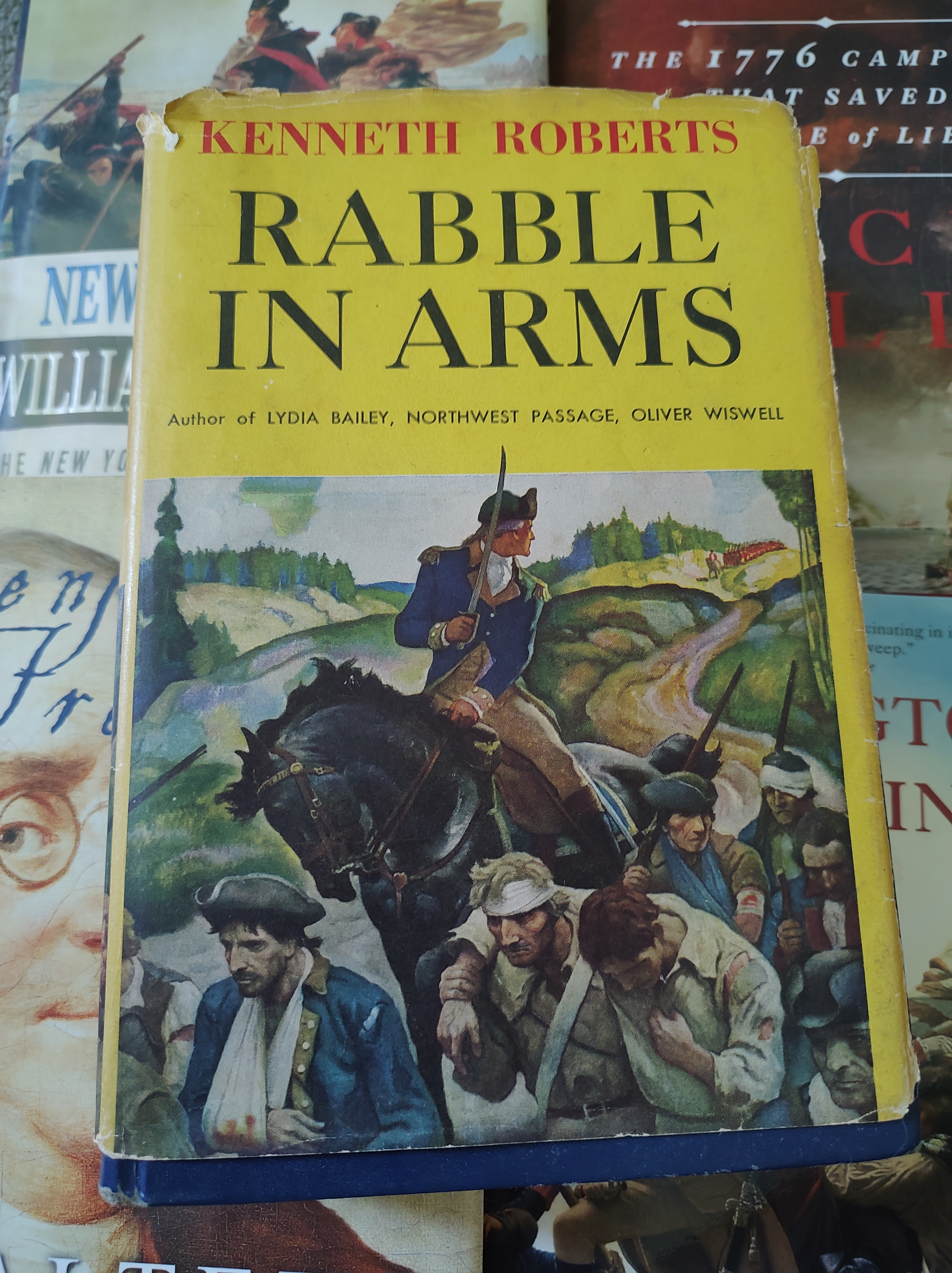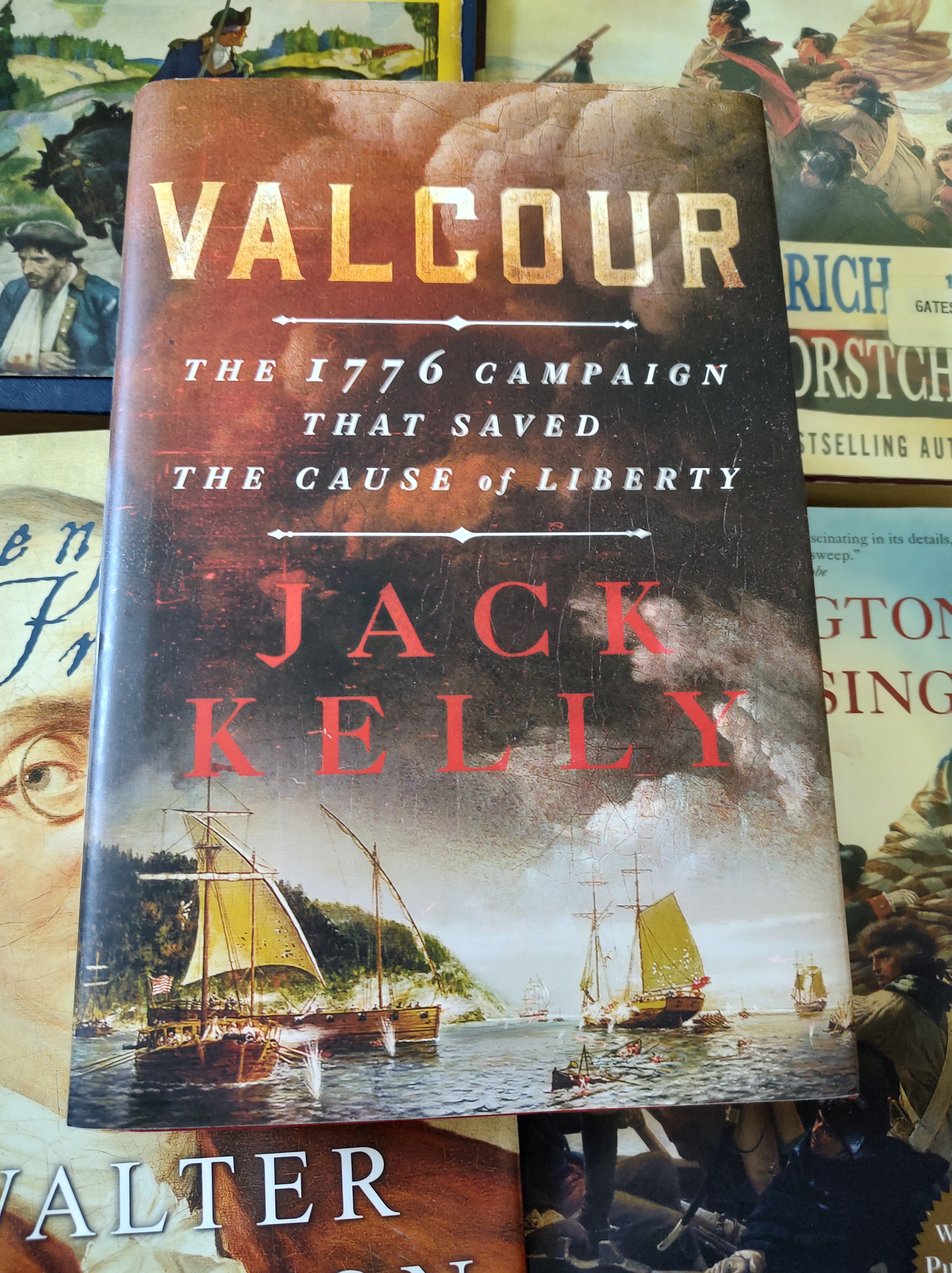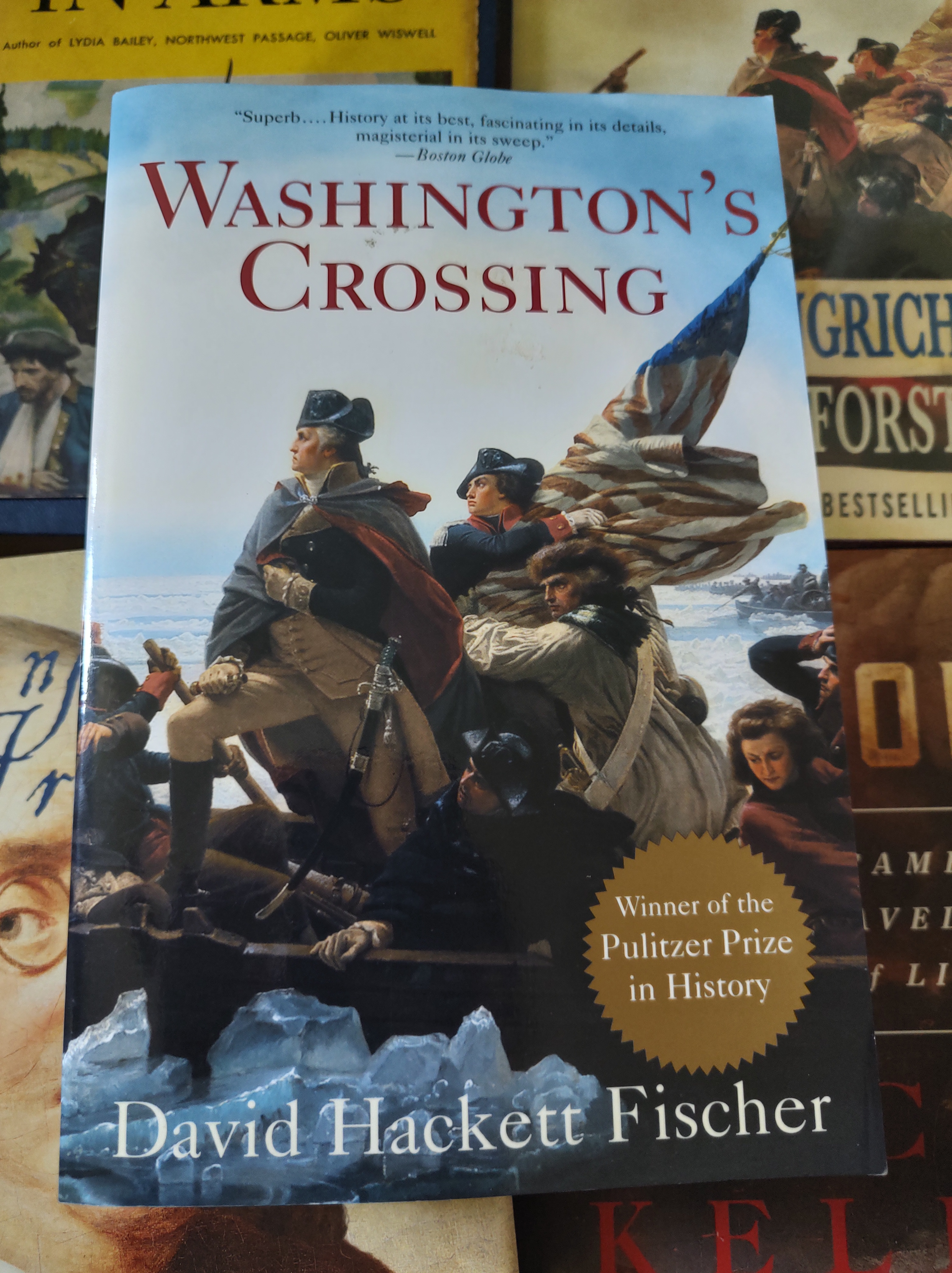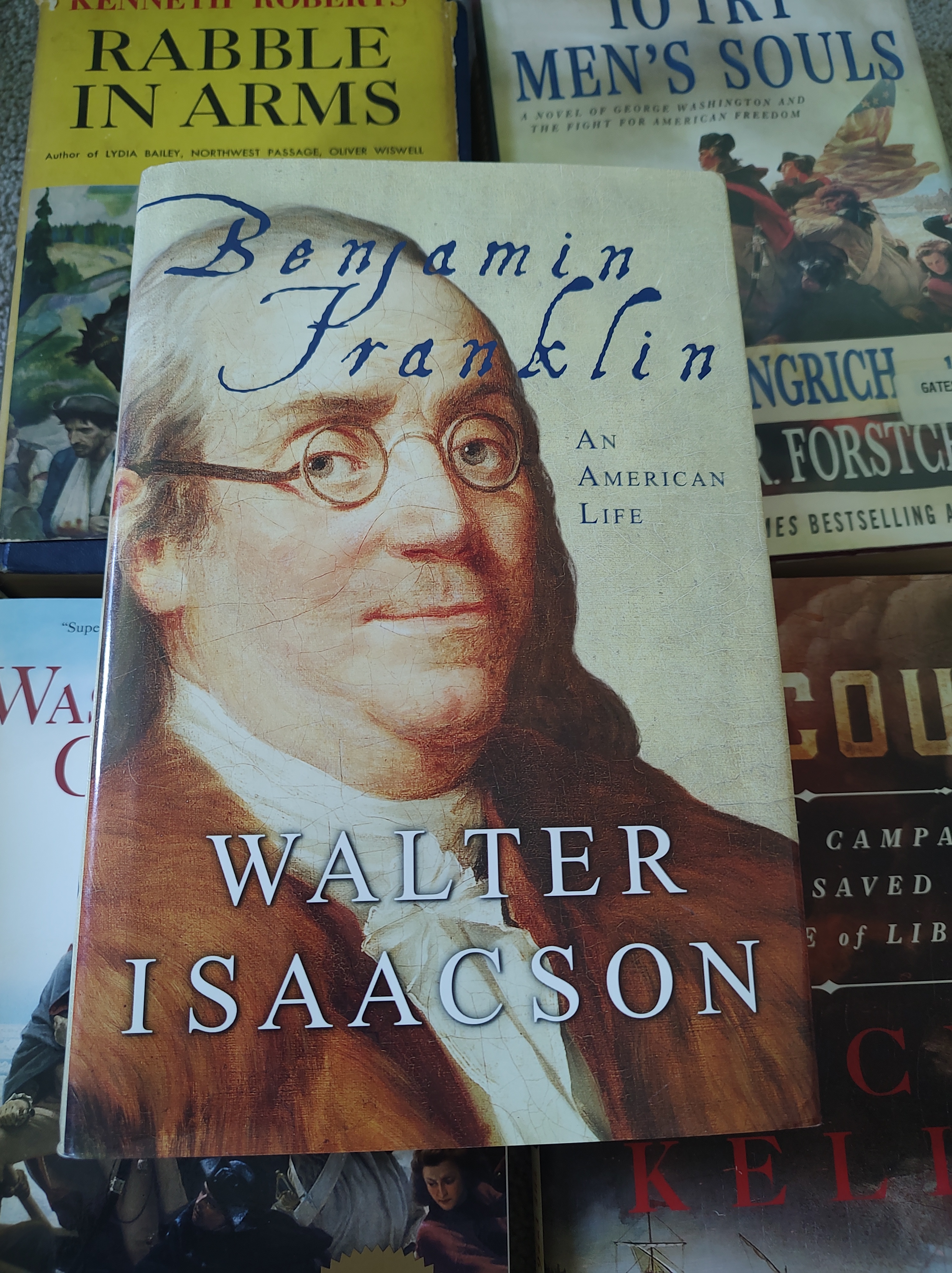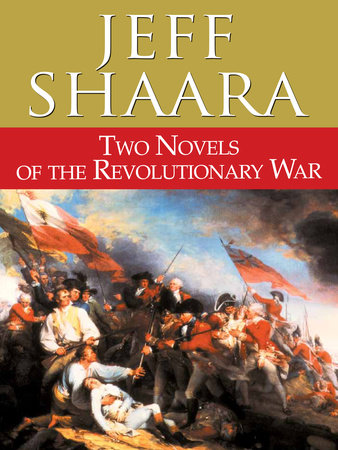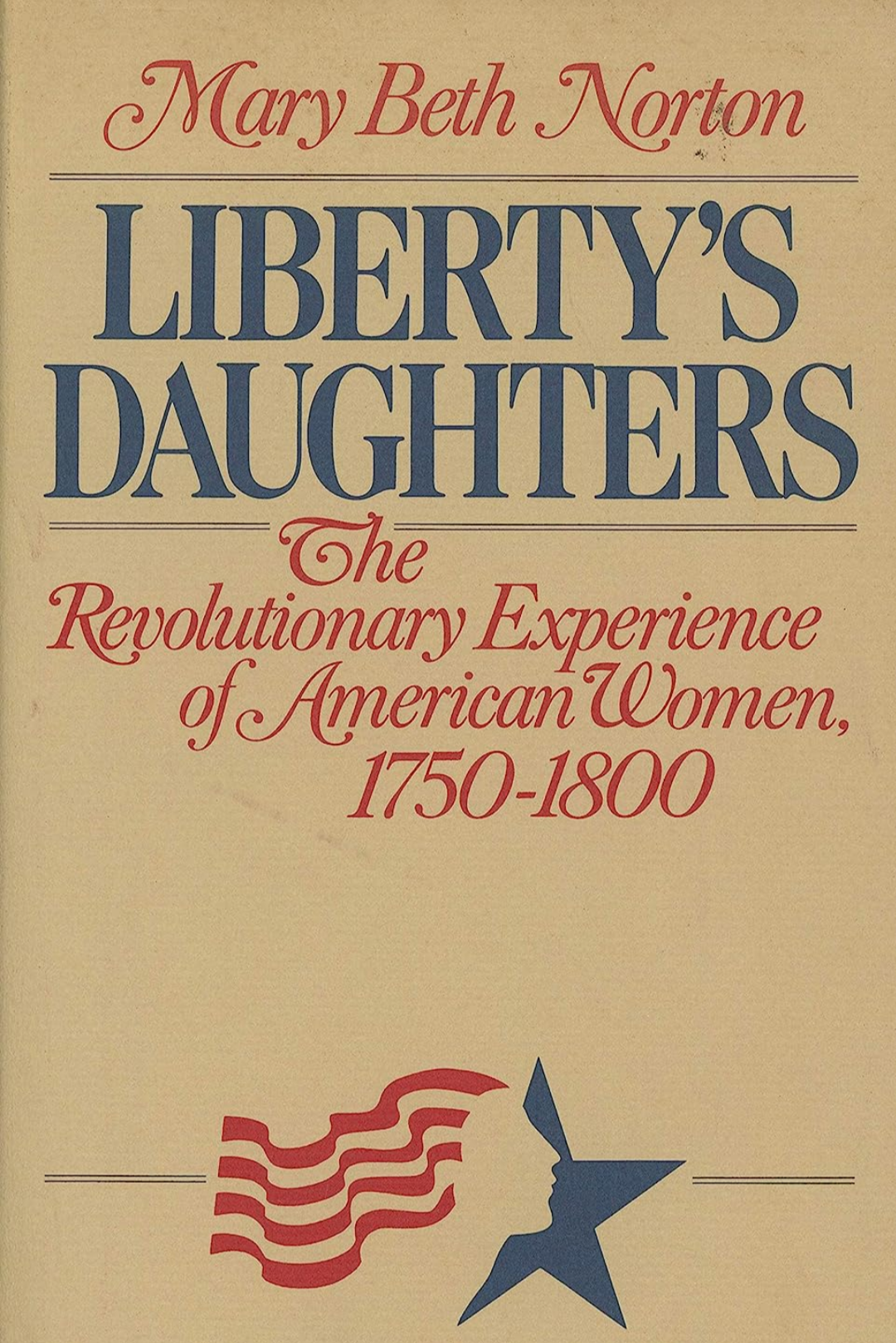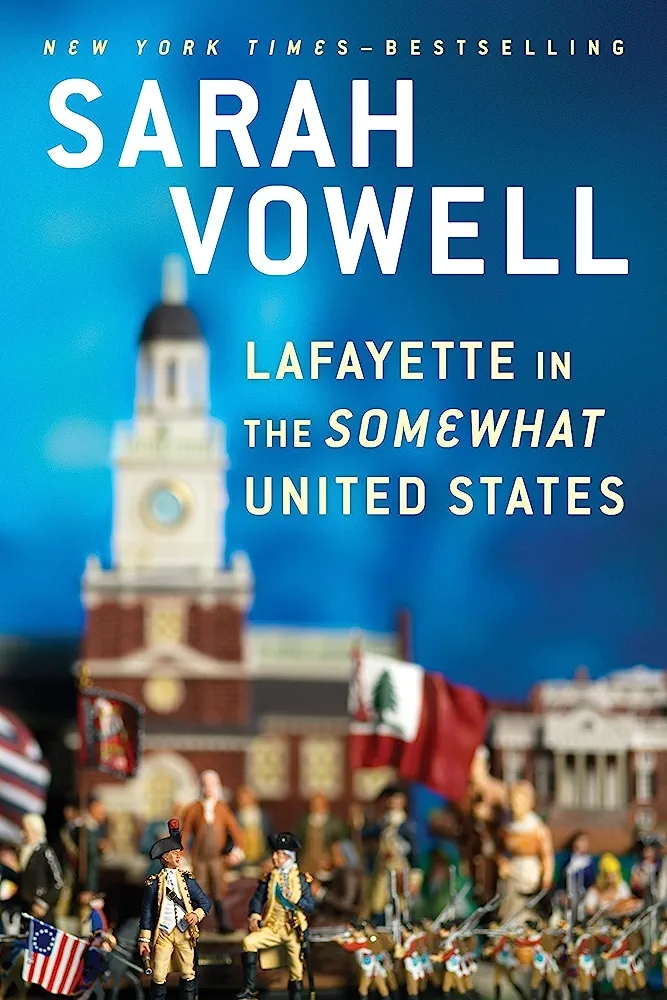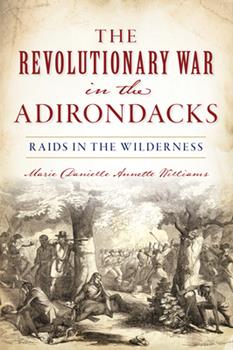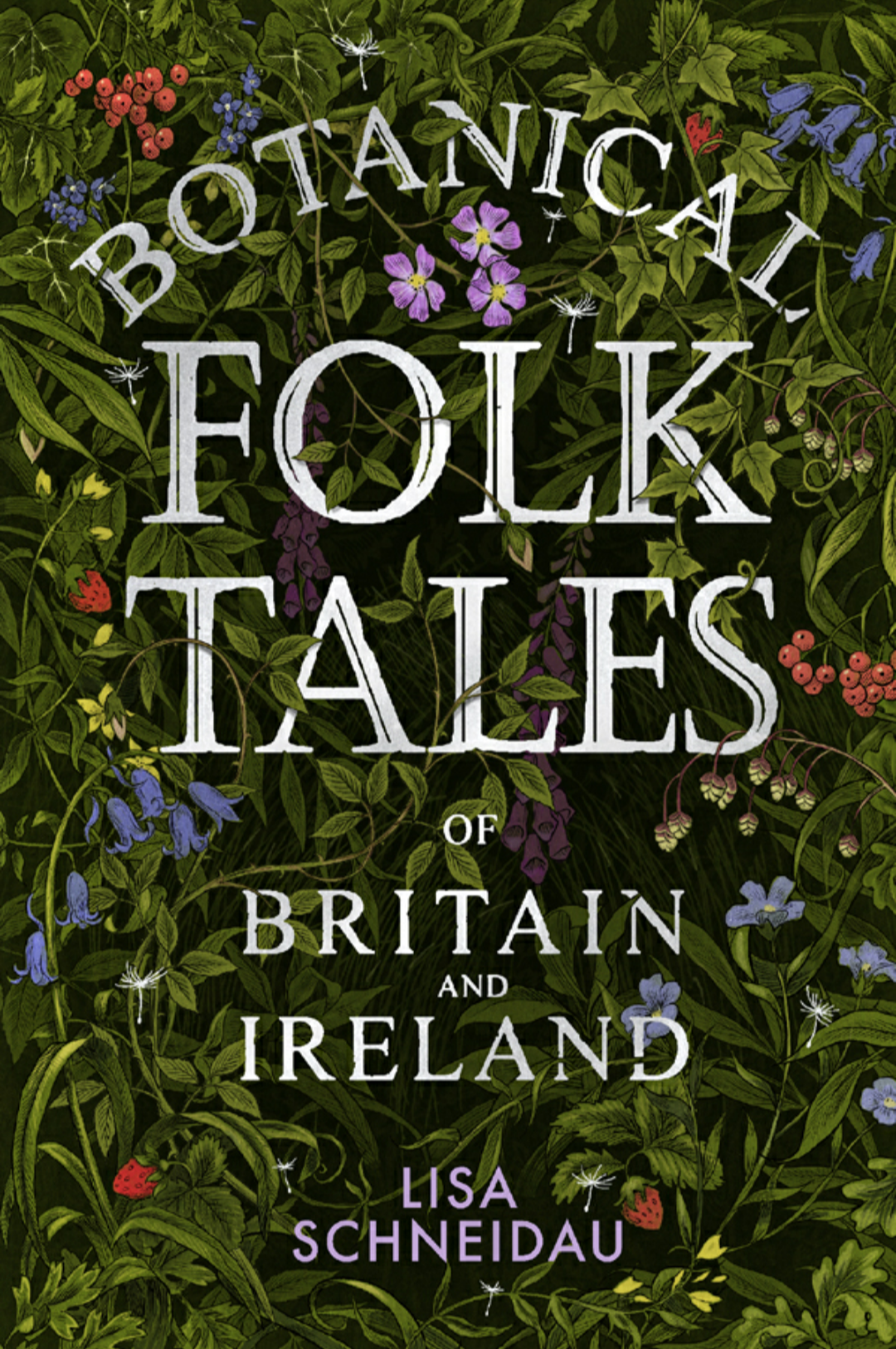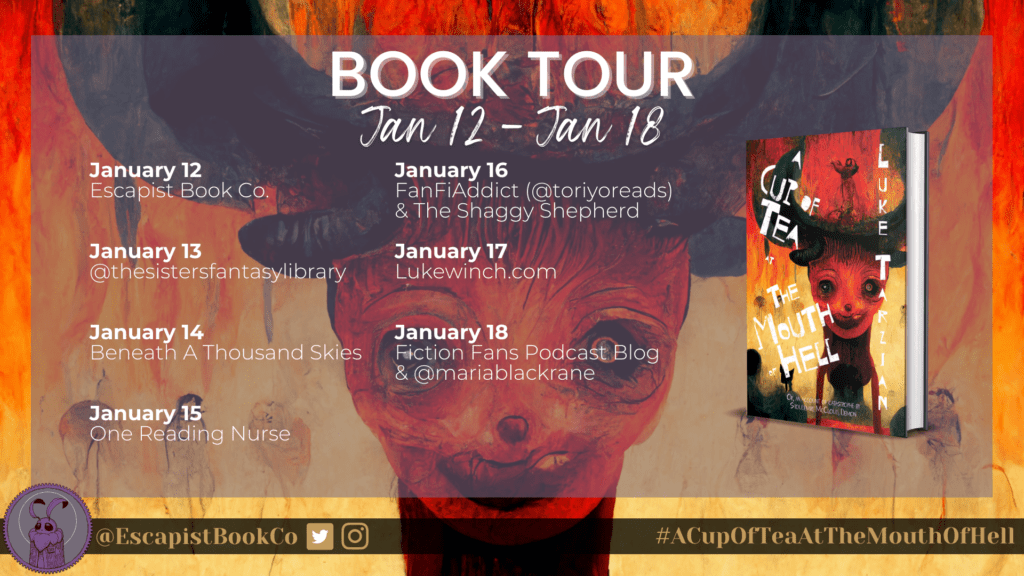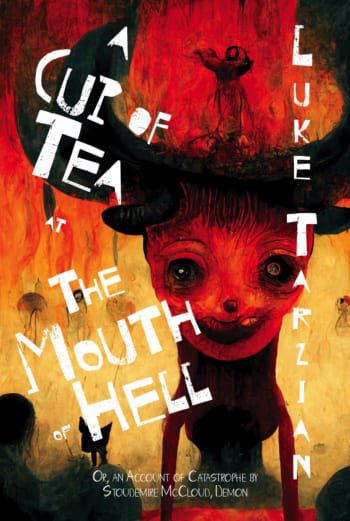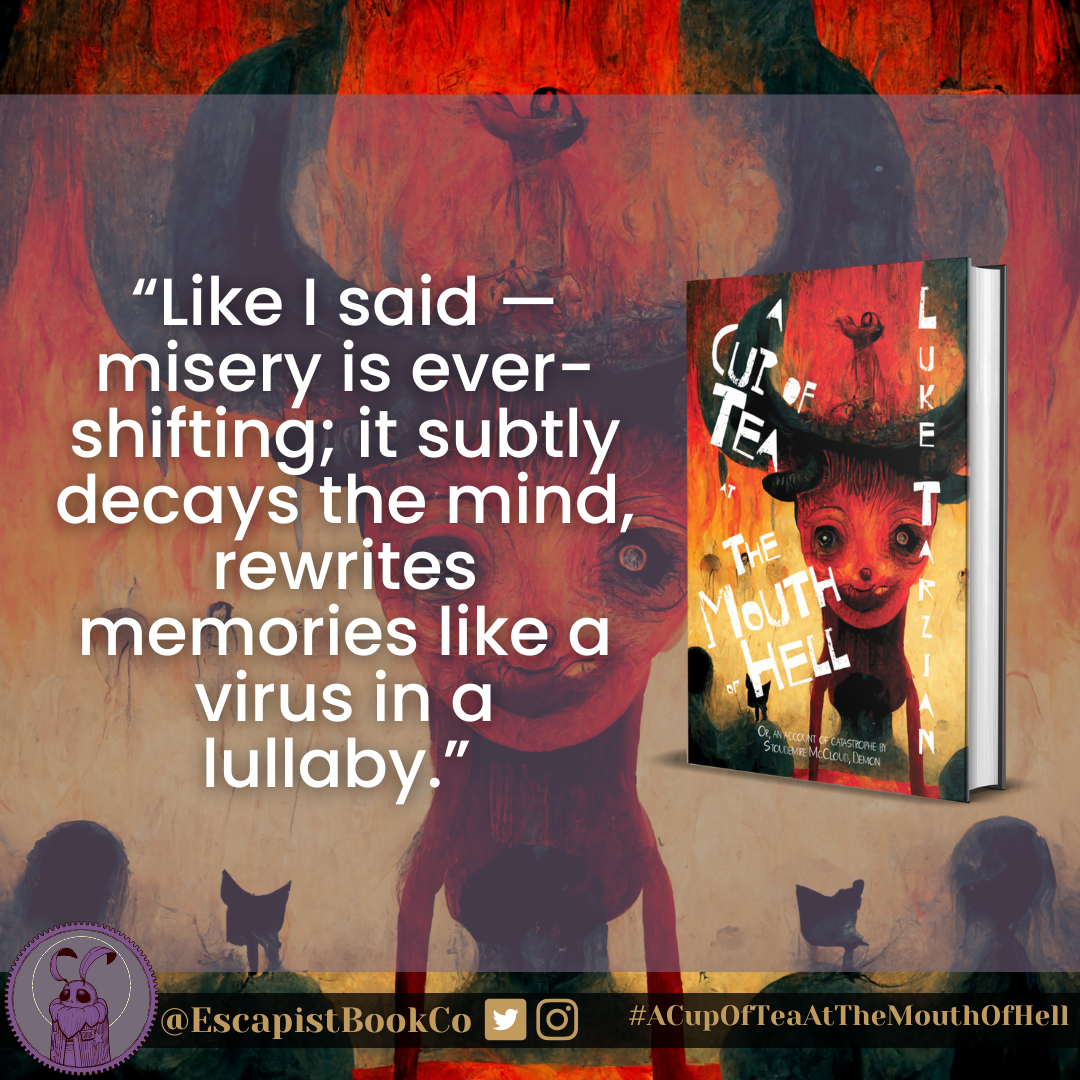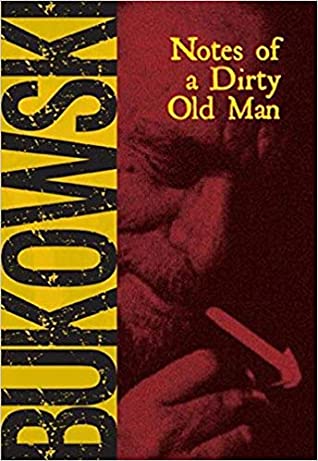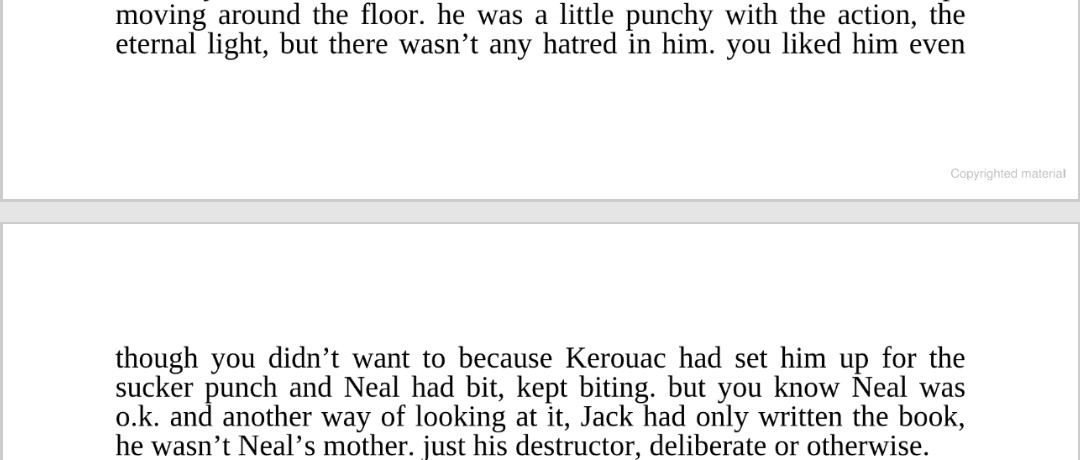I don’t usually label diaries, letters, or memoirs as book reviews, because you can’t exactly review someone’s private thoughts and writings.
The editor, Alan Taylor, can be reviewed (deserves a bit of criticism) although putting this book together was an appreciably massive undertaking from nearly 40 years of writing into one book. Judging from the photos, Rickman’s handwriting was not easy to read either – so I’ll be nice to Taylor
So I have to admit I didn’t even know Rickman did theatre, since I’m in the crowd who only saw him in Diehard and Harry Potter, then later looked for his other films. In a similar fashion to Patrick Stewart’s memoir, I was surprised how much of his life revolved around theatre which to me does not make interesting reading.
Rickman hated Shakespeare but loved Borat (really?), hated Forrest Gump and apparently while he was sick at the end really loved watching Say Yes to the Dress. He’s got the most random taste in authenticity in film & theatre, and not that surprisingly to me wasn’t a huge reader.
He was widely travelled and had houses everywhere. I was interested to learn who he was friends with, who he travelled with, where he had houses and took vacations. He was, to quote Luffy (Oda’s Version) on GoodReads: “Fussy and High Maintenance”, and a total clutz. How many times did he fall or hurt himself doing everyday things?
Even though I disagree with a lot of what the editor included (many lists of names that no one will know, footnotes of obscure names and ignoring other things we couldn’t possibly recognize) when who knows what he left out? Again putting this book together was a massive undertaking but I have to think that the editor could have picked many more accessible or even just older events.
I did love the drawings and artwork he included, and the personal photos
Anyway, letting the unknowns wash over me and just reading along, not getting caught up in anything, what comes across is the picture of a man with many connections and friends. He loves to travel and eat and be everywhere. He can be peevish and petty but is clearly deeply intelligent and just very human as well. Watches the pages and word count tick down made me sad and I feel like all of the more personal thoughts about mortality and dying were left out at the end, but then the entire day was infused with Rickman’s thoughts on life and living.
i want my own Rima, what a connection they had, yeah? I feel like profoundly lonely now reflecting on my own lack of personal connection and general stagnation, which is another theme Rickman liked to muse on. Are we alive or just living? Present? Fulfilled? Who knows.
My advice is to go in with no expectations and read the diary for what it is. It’s not written to entertain anyone else and we can only tsk tsk at the editor if we don’t care to read what he presented to us. And if you’re only looking for something specific like Harry Potter, there’s an index to point you there 🖤
Bookish Quick Facts
- Madly, Deeply: The Alan Rickman Diaries
- Author: Alan Rickman
- Edited: Alan Taylor
- Published: Henry Holt, 2022
- Length: 480 pages
- Recommended: for anyone interested
I grabbed my copy at a thrift shop, luckily, and read the hardcover edition. As always, all thoughts are my own
